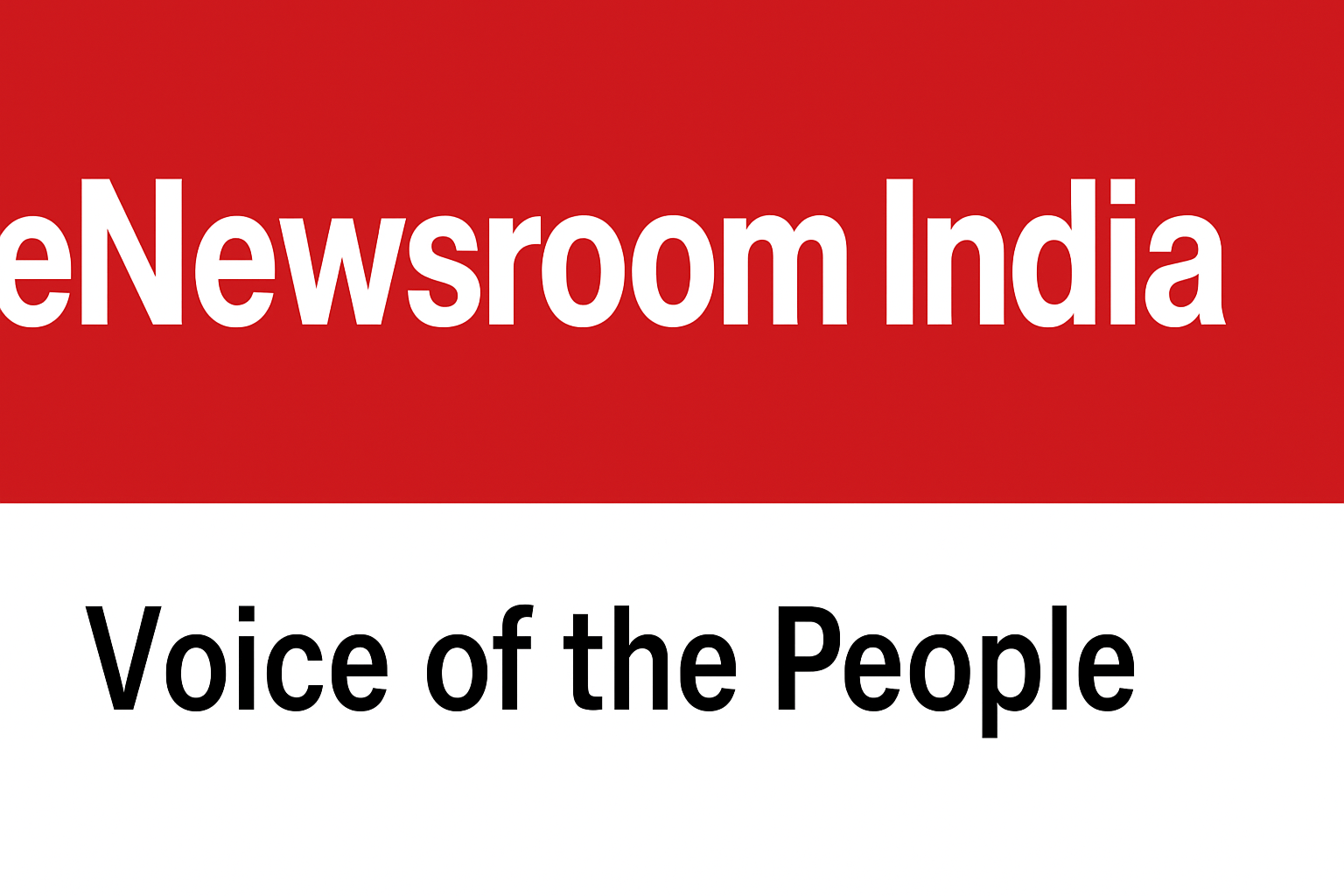Kolkata: Since the Waqf Amendment Bill 2024 was tabled in Parliament, West Bengal, particularly Kolkata, has witnessed several protests and public meetings. Bengal has the third-largest number of Waqf properties. However, when the Joint Parliamentary Committee (JPC) decided to meet with stakeholders, it allocated only one minute per speaker, leaving participants dissatisfied with the process. Additionally, the meeting saw participation not just from Bengal but also from Jharkhand, where the JPC did not conduct any tours.
The JPC team had only half of its 30 members present. Notable attendees included Chairman Jagdambika Pal, Asaduddin Owaisi, A Raja, Nadimul Haque, Kalyan Banerjee, Imran Masood, Sayed Nasir Hussain, Mohibullah, and Mohammad Jawed. However, several members, including Nishikant Dubey, Gourav Gogoi, Ghulam Nabi Azad, Tejasvi Surya, and Abhijit Gangopadhyay (the judge-turned-politician from Kolkata), were absent, despite the significance of the issue.
The Waqf Act of 1995 has seen several proposed amendments in the Waqf Amendment Bill 2024, making it one of the most extensive changes to any law in recent times.
Two States Covered in Less Than a Day
“In today’s meeting, at least 20 different organizations met the JPC team. Each delegation consisted of 5 to 15 members, but all meetings were wrapped up within 10 to 15 minutes. In most cases, only three people from a group were allowed to speak,” said Mohammed Asif Ali, a chartered accountant and researcher who attended the meeting.
There were around 300 participants from Bengal and Jharkhand, mostly from Bengal. The attendees included social activists, Islamic preachers, and women participants, some of whom had traveled from Jharkhand and Bihar to attend the meeting.
Women were present in significant numbers. “We outrightly rejected the Waqf Amendment Bill 2024,” said Uzma Alam, who led the women’s delegation.
JPC Faced Tough Questions
Although the JPC team prohibited recordings of the speakers’ comments and requested participants not to disclose details to the media, many groups highlighted that the proposed amendments to the bill are unconstitutional and aim to obstruct one of the best humanitarian practices.
The speakers included educationist and Umeed Global School founder Wali Rahmani, Mufti Shamail Nadwi, Dr. Sarfaraz Adil, Sabir Ahamed, Sarfaraz Ahmed Khan, Manzar Jameel, Rafay Siddiqui, Md Asif, Sheikh Khurshid Alam, Uzma Alam and Prosenjit Bose. All of them stated that their groups categorically rejected the bill.
Fahad Wali Rahmani of Rahmani30 was also present, assisting participants from Jharkhand in presenting their concerns to the JPC.
“We voiced our rejection of the bill and questioned why the JPC did not visit Jharkhand. Are the people of Jharkhand not stakeholders in this matter?” asked a speaker from Jharkhand.
The JPC is going to have a clause-by-clause discussion on January 24 and 25. And most probably it will submit its reports during the budget session of the parliament.


